

Did you know 75-90% of doctor visits are for stress in the US? Stress is one of the leading factors that contribute to most inflammatory diseases. You could have the healthiest regime, a superfood-rich diet, and have tried every bio-hack under the sun, but if you're chronically stressed, no bio-hacking device will save you.
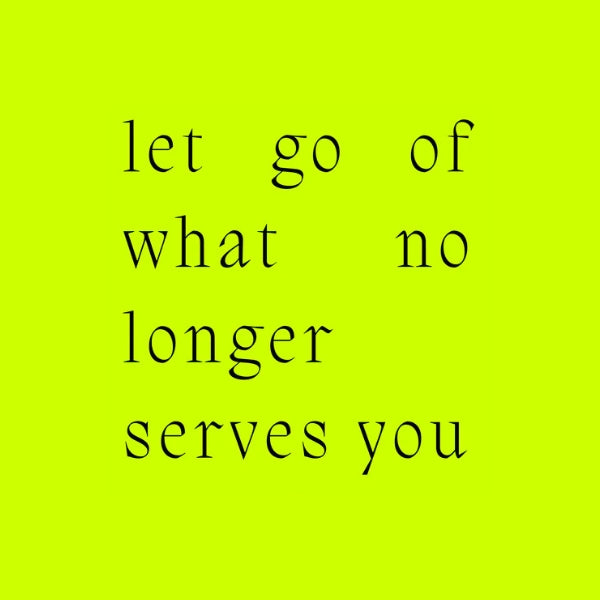
I had been restricting so hard the week before, over exercising (too many HIITs), chronically stressed, feeling very insecure, my skin was getting worse, and I felt so puffy and bloated.
Now: Happy me :) I found an anti-inflammatory lifestyle that works for me, moving in ways that bring me joy and always choosing decisions from a place of love over hate.
FYI: Not every day is happy; some days are bad, and it's okay to have moments. As humans, especially women, our hormones can make us feel in certain ways we can't control. Let's dive into the one you probably have heard a million times: Cortisol.

July '22 vs July '23
July 2022 (left on image)
Swollen, inflamed, unhappy, self-conscious, no energy
July 2023 (right on image)
Happy, confident and bursting with energy
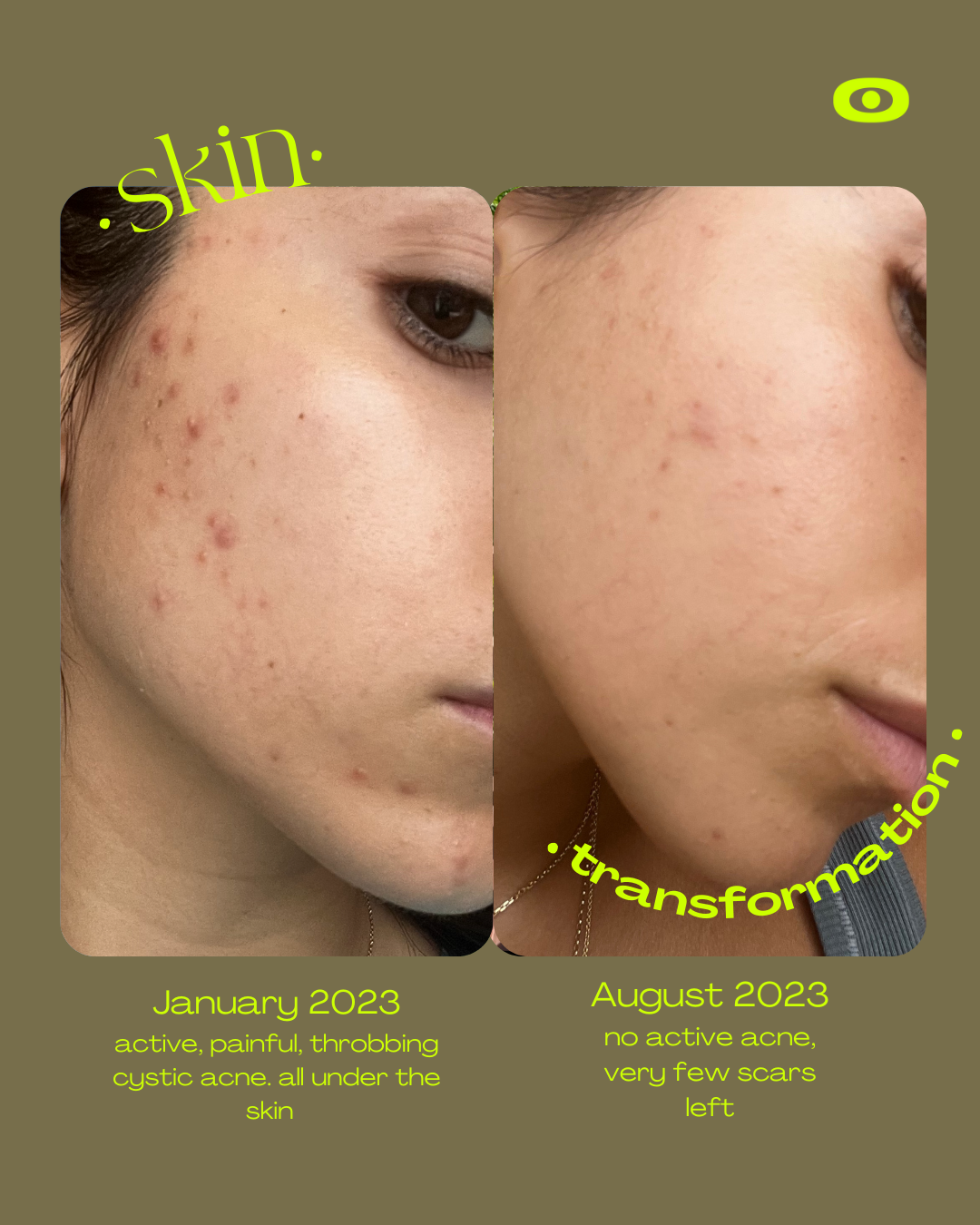
Jan '23 vs Aug '23
January '23 (image on left)
Active, painful, throbbing cystic acne, all under my skin
August '23 (image on right)
No active acne, very few scars left
What is Cortisol?
Cortisol is the lovely hormone released in the morning (to wake you up) and during fight or flight mode (as opposed to rest and digest). Cortisol is released throughout the day and becomes higher and lower naturally, depending on when your body needs it. It's naturally high in the morning to give you the energy to get out of bed and low in the evening to prepare you for bed. It's also released when you feel threatened (flight or flight response).
When we are in fight or flight, all our blood rushes to our arms and legs to prepare us to run for our lives. Over a century ago, this was ideal when you had a tiger in your back garden, but now a stressful work email can do precisely the same thing. Regardless of whether anticipated or imagined, your body reacts the same. Remember, Cortisol is good.. but not all the time!
Roles of Cortisol:
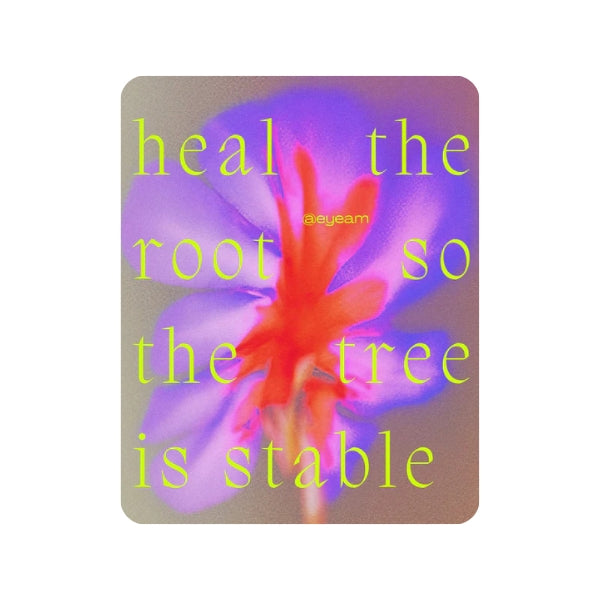
Symptoms of Constant High Cortisol Levels
What Happens When you are Constantly Stressed and Symptoms
Do you ever feel like you can't get out of bed in the morning? Do you need coffee to wake up and constantly in a haze in the mornings? Well, then you could have Adrenal Fatigue (aka low Cortisol). There is such a thing as your Cortisol being too low. We need Cortisol in the mornings to get us up and moving. It can occur when your adrenals are so overworked they are too tired to continue and stop working efficiently.
This can be triggered by a negative feedback loop in your mind (negative thoughts on constant repetition, which affects the hypothalamus and pituitary (glands in your brain), leading to mitochondria (cell) dysfunction.
Symptoms of Low Cortisol/Adrenal Fatigue:
Now that you have the full low down on what's what, here are my go-to hacks that helped me reduce my stress and inflammation:

Eat the rainbow
Whole, nutrient-dense foods. Emphasis on foods rich in magnesium, vitamin b6, c, d and zinc.
Bio-Hack: Watch out for preservatives and additives; they disrupt your hormones. Cortisol production starts and ends in the mitochondria system (located in every cell). That's why feeding it nutritious foods can lower cortisol levels.

Try and eat at the same times
All living things operate in cycles. Eating, sleeping, light exposure, and exercise affect your brain's clock genes, which dictate your circadian (sleep cycle).
Bio-hack: Use light and dark exposure to advantage. Within 30 minutes of waking have good light exposure (helps remind your body its time to wake up) and the same at night with darkness. Aim to be off your phone at least an hour before bed.

Reduce caffeine consumption and NEVER drink coffee on an empty stomach
I always used to drink coffee on an empty stomach because that's what I read on some intermittent fasting blogs (when I took intermittent fasting a little too far). But they don't tell you that most of the studies are done on men with results for men. Caffeine increases cortisol production. Because your body is naturally high in Cortisol in the morning, spiking it with caffeine repeatedly can chronically elevate your cortisol levels, contributing to high blood glucose and decreased insulin sensitivity, leading to obesity and diabetes.

Remember to breathe & practice mindfulness
Do you ever need to remember to breathe or hold your breath? It happens to the best of us. Our central nervous system comprises two parts: sympathetic (fight or flight) and parasympathetic (rest and digest). Breathing helps activate your parasympathetic nervous system, and deep breathing lowers heart rate and blood pressure.
Yoga, Meditation, Manifesting, Affirmations, Gratitude and Nature Therapy all activate your parasympathetic nervous system. A recent study showed that being in nature for 15 minutes reduces sympathetic overdrive.

Change your language and narrative
never make assumptions - Our mind works on repetitive cycles. If we are constantly on a negative loop, negative thoughts will occur. Do you feel like if your friend hasn't responded to your message, you feel like they're angry at you and never want to speak to you again? That's an assumption your brain has made. Your mind starts to create stressful scenarios that haven't even happened yet. They're just busy! Affirmations are my favourite healing tool to help re-write your story and change your language from negative to positive. Read more about the power of affirmations.
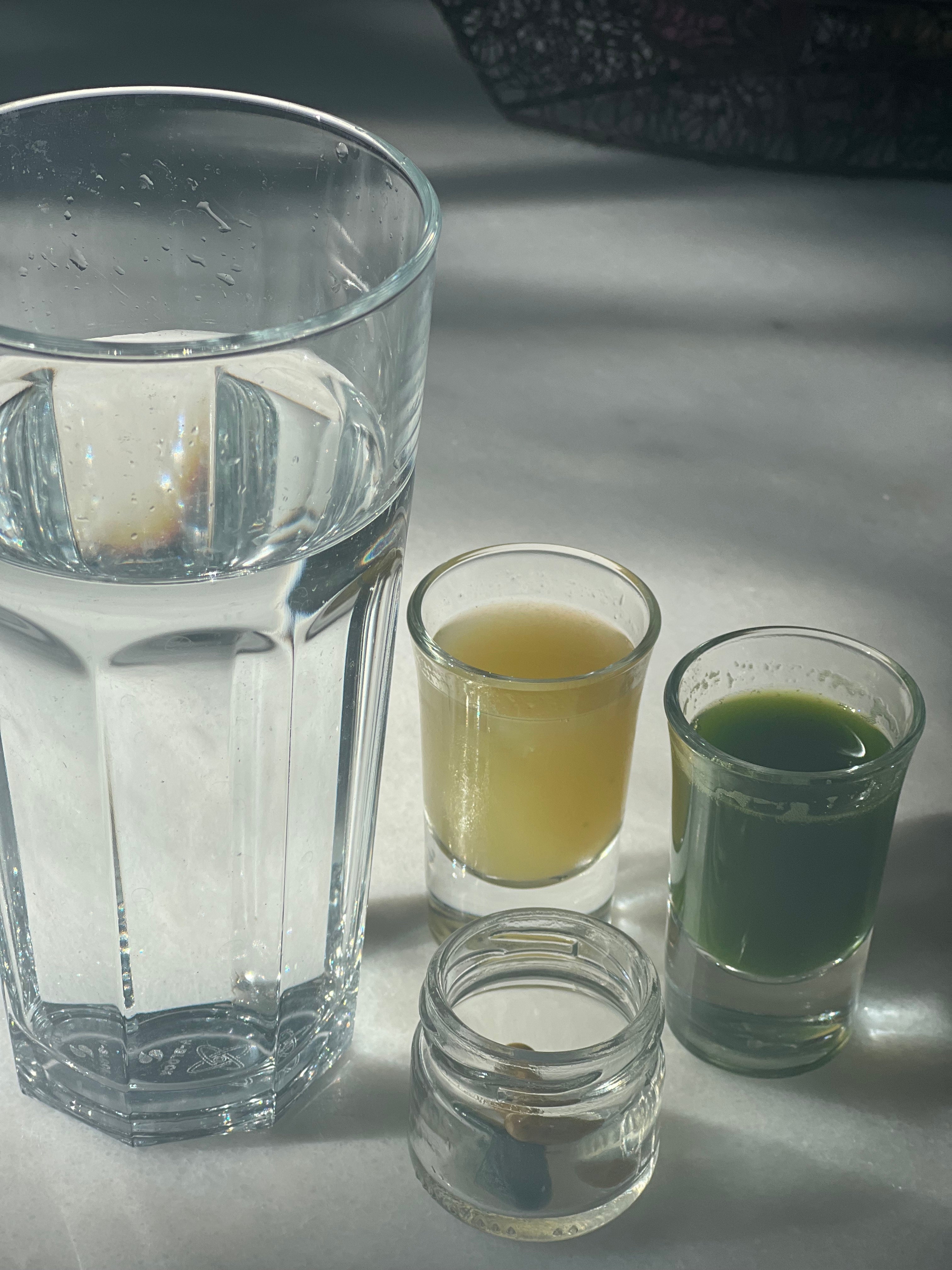
Drink Filtered Water
So many yucky toxins, chemicals, pollutants and hormones exist in our water systems. Investing in a suitable Britta Filter or filtered tap immediately removes that threat. Here is an excellent filter I love.

Uninterrupted 7-9 hours of Sleep
Lack of sleep increases Cortisol, but elevated Cortisol can make sleeping hard.
Bio-Hack: A warm bubble bath and good wellness wind down with magnesium on your feet to fall asleep in 20 minutes. To read more about bio-hacking your sleep explore here.
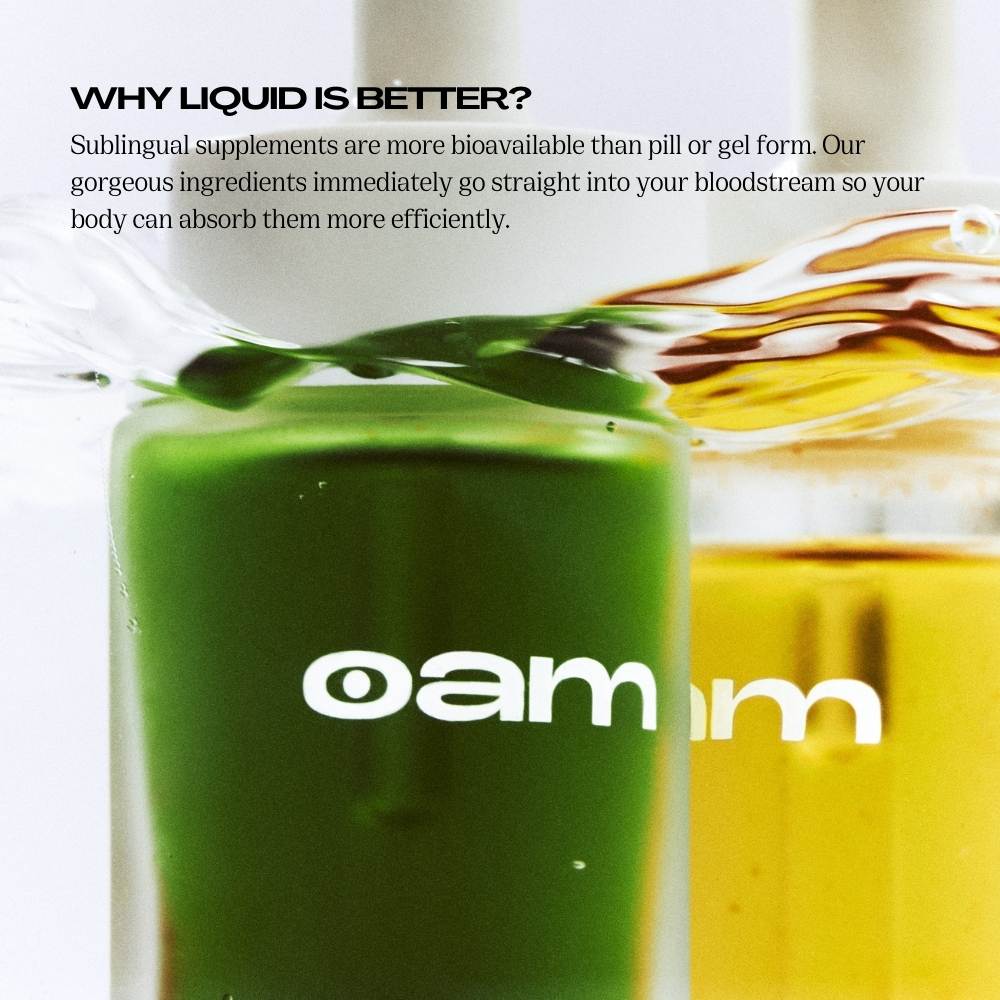
Adaptogens
Our trusty Hormone Check Drop Supplement and No Stress Drops is packed with potent adaptogens to help reduce Cortisol. One of our star ingredients, TIMUT PEPPER, is clinically proven to support your brain-skin axis and reduce mental stress/fatigue. Read more about the Brain-Skin Axis.
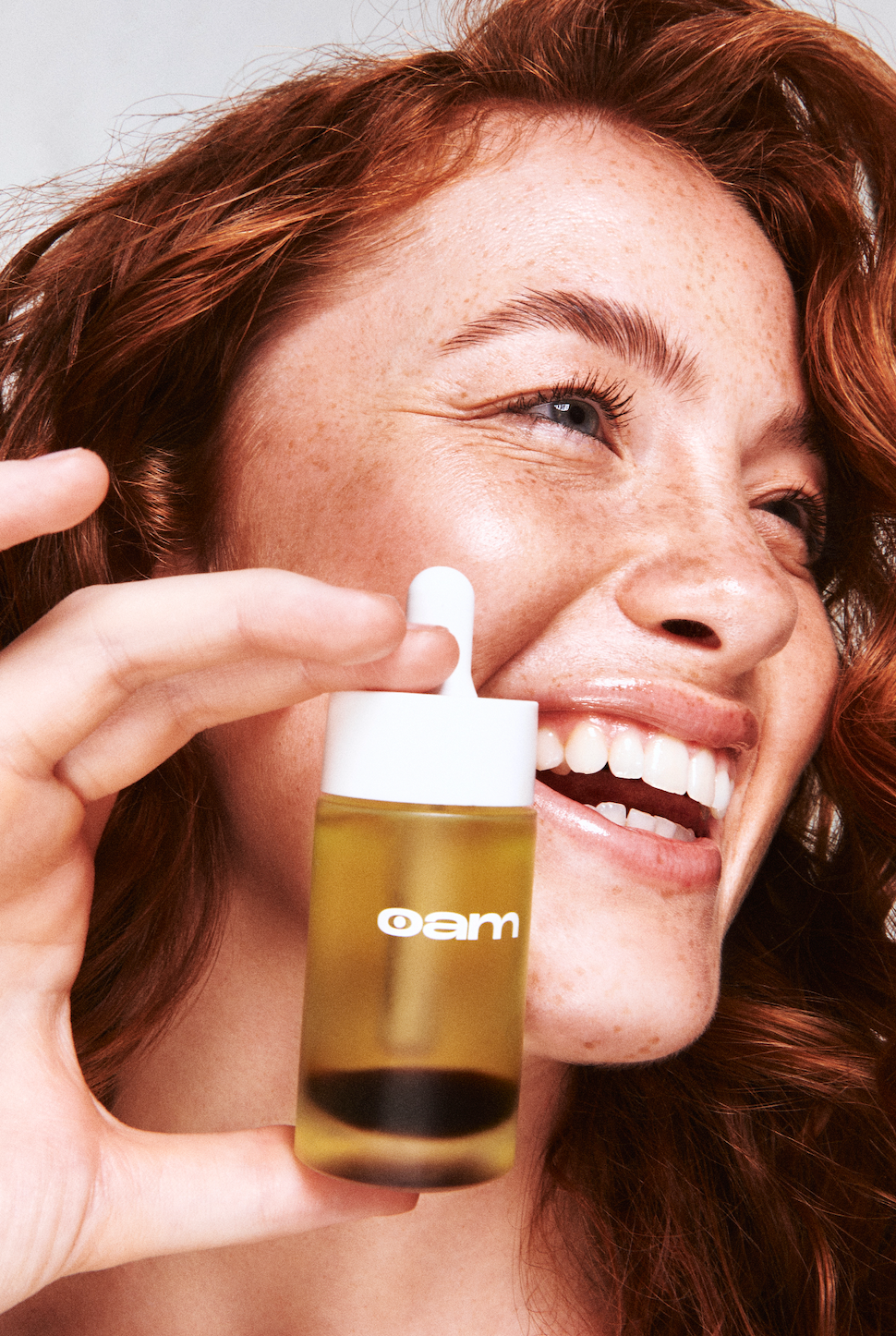
Humming, Singing, Chanting, Laughing
Humming lowers your stress response. We have a nerve that connects our brain and gut called the vagus nerve. It connects with our vocal chord (sound stimulates the nerve and increases "vagal tone" - a crucial role in emotional regulation. Think of it as a bidirectional communication highway; read more about it here.
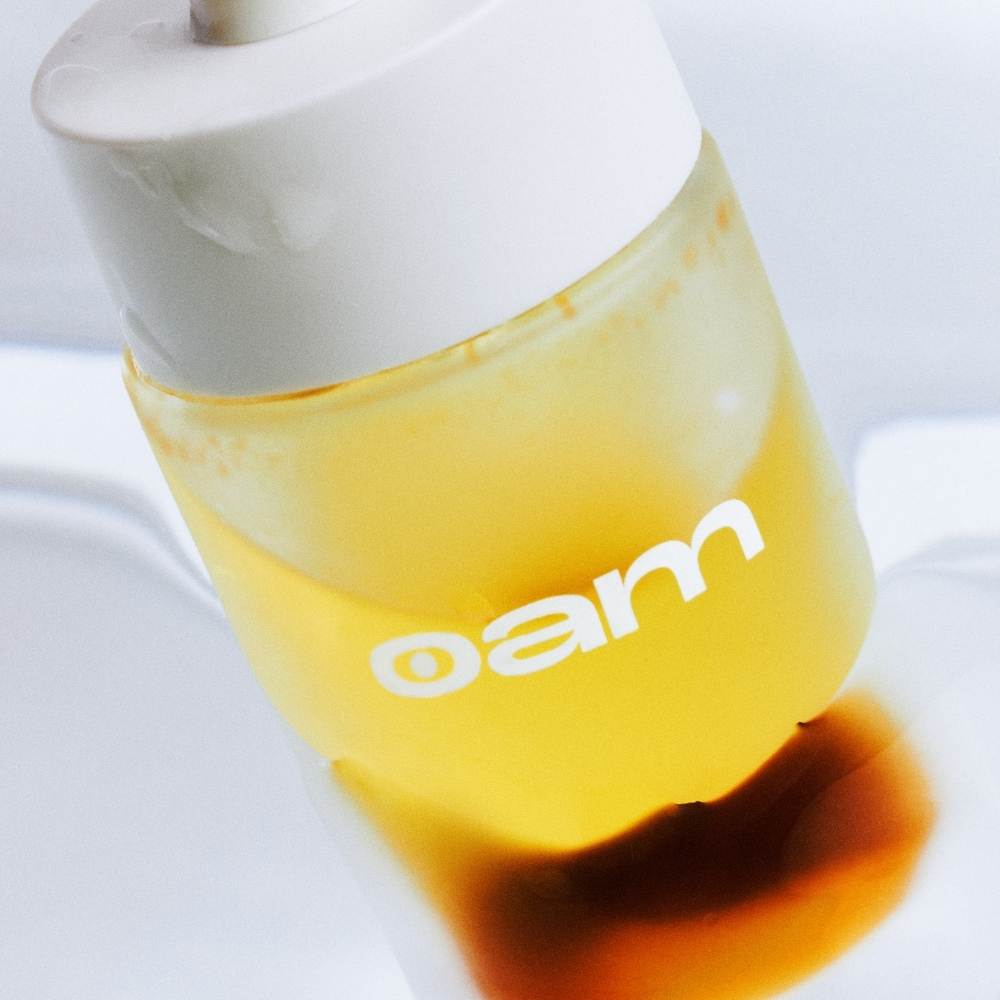
Connect with Joy, Purpose and Community
Find activities that fill you with joy. When we feel joy, our happy hormones are released: endorphins and dopamine. Prolonged social isolation and loneliness are linked to higher levels of norepinephrine (fight or flight hormone). It's hard to be in fight or flight if you are laughing, have a purpose to wake up to, and have a community to turn to when you're in need. eyeam is your community that you can ALWAYS come to. Healing happens in joy.
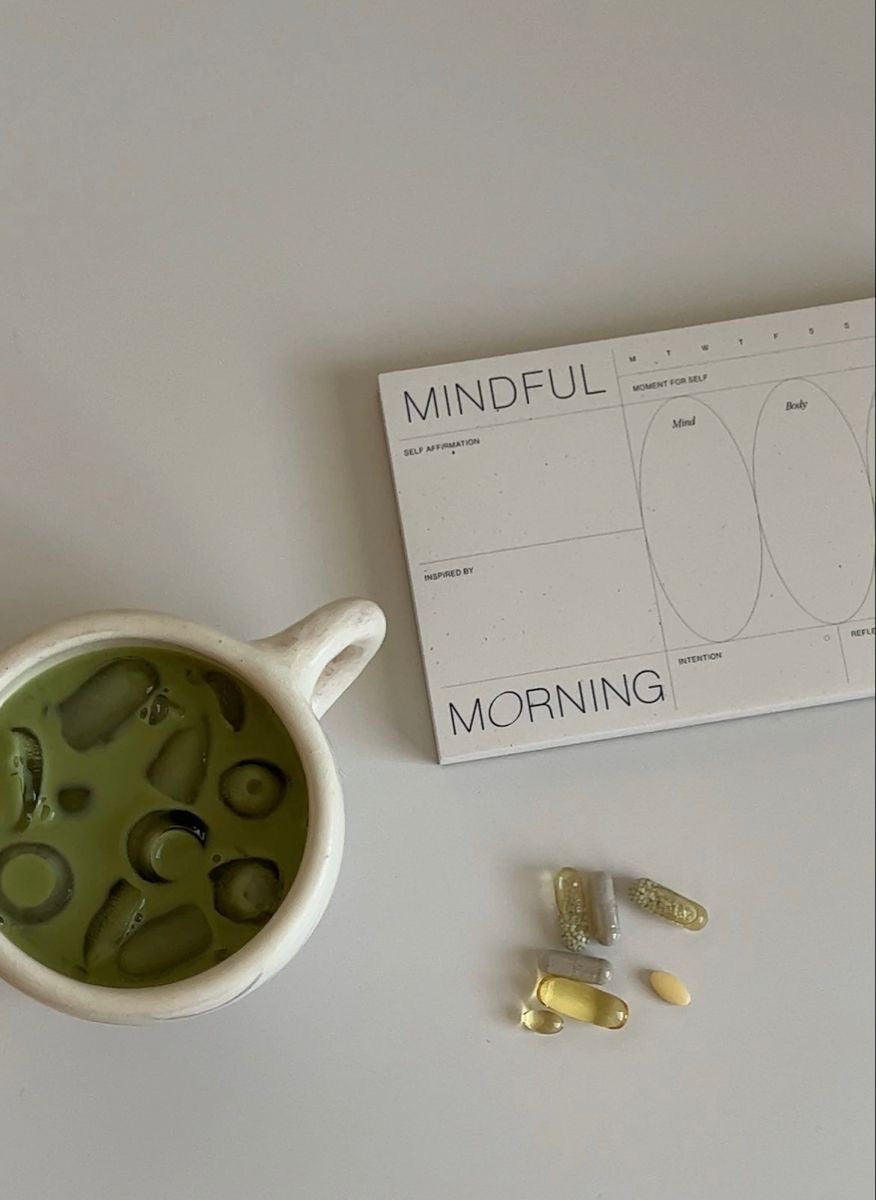
Cold Exposures & Reduce Exposure to Endocrine (Hormone) Disruptors
Ice baths and cold showers are affordable ways to access this bio-hack. The cold exposure helps stimulate your parasympathetic nervous system (lowering stress).
Additionally, the ingredients you eat, the skincare you use, the shampoo you wash your hair, and the products you clean with can all affect your hormones (aka Cortisol). Make sure to always check your ingredients! The less, the better.
Want to chat about any more tips and how to decrease feelings of stress, reduce feelings of anxiety and generally improve your quality of life? Just get in touch. I’d love to hear from you.
SPOTTED ON SKINNY CONFIDENTIAL: THE FIRST IN NEURO-COSMETICS